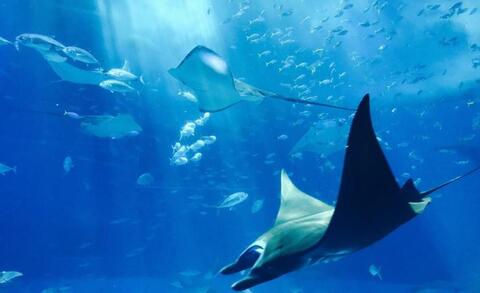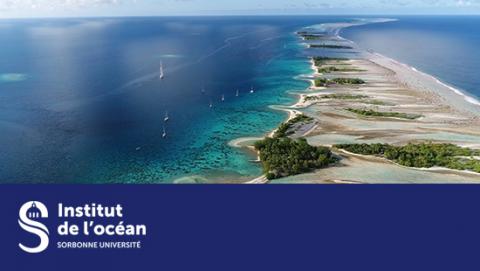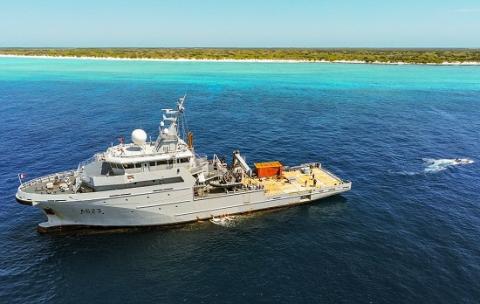
UN Agreement on the Ocean, a historic step forward
On March 4, a historic agreement was reached by the United Nations to preserve marine biodiversity. Christophe Prazuck, director of the Océan Institute, discusses this major step forward and the participation of the Sorbonne University Alliance in this international scientific effort.
An agreement has been reached at the United Nations on a treaty for the conservation and sustainable use of marine biodiversity in the oceans that are not under national jurisdiction. That is, the ocean located more than 360 kilometers from the coast, outside the Exclusive Economic Zones, which represents two thirds of the ocean and half of the surface of our planet.
This breakthrough has been described as historic after 15 years of negotiations. It is a step forward on a scale not seen since 1982 and the adoption of the United Nations Convention on the Law of the Sea. It is a step forward that responds to a fact: the ocean is changing under the effect of climate change, pollution and over-exploitation. This transformation directly impacts marine biodiversity, threatening its balance and the services it provides.
If each State can act in the waters under its jurisdiction, we were almost powerless to act in the waters that are not under any jurisdiction, until now. Fish, plankton and marine organisms do not read maps and do not know borders; what happens in the open ocean always ends up affecting the coastal areas and vice versa.
This historic agreement is not a conclusion, it is a step forward. This step is necessary, because it must allow the implementation of operational tools to ensure the conservation and sustainable use of marine biodiversity.
The ocean sciences and humanities community of the Sorbonne University Alliance will be involved and concerned in the engineering, implementation and evaluation of these tools, marine protected areas, impact studies and more.
Thanks to the number and quality of its laboratories and researchers, it will participate significantly in the international scientific effort that will accompany the future treaty. It will be a question of better observing the ocean, better understanding it and making it understood, and recommending better decisions to political authorities, decisions whose relevance and effectiveness must be better ensured.
A new era is beginning for ocean sciences and humanities.


